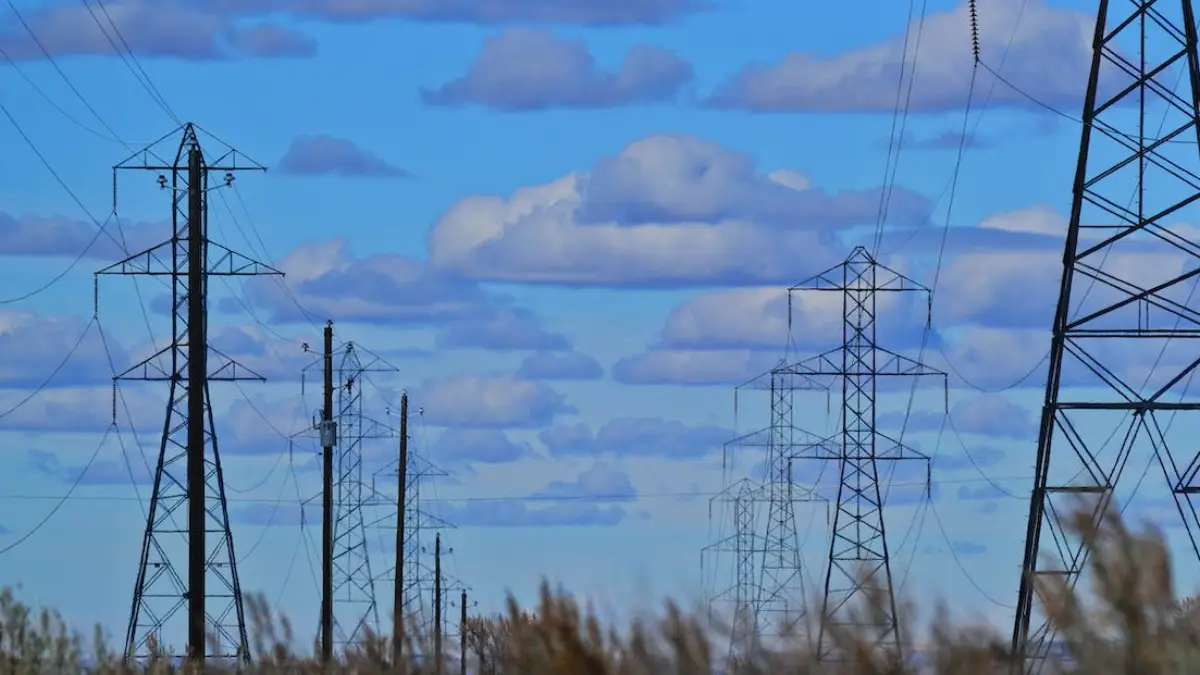Introduction
In an unexpected linguistic development, researchers stationed in Antarctica have unearthed the emergence of what is being referred to as the “Antarctica accent.” Despite the continent’s lack of indigenous inhabitants, the dynamic and concentrated interactions among the scientific community have led to the evolution of a distinct speech pattern.
Unique Social Dynamics in Isolation
Antarctica, a continent renowned for its remoteness and void of permanent human residents, has served as a transient habitat for thousands of scientists inhabiting research stations over successive years. This heightened human presence, combined with prolonged and close interactions, has led to the emergence of shared vocal characteristics, resulting in the nascent “Antarctica accent.”
Accents Molded by Unconventional Isolation
The unusual conditions of human habitation on Antarctica, characterized by intense collaboration and limited external influence, have contributed to the development of this distinctive accent. Even though researchers hail from diverse global origins, the common linguistic traits that have emerged are a testament to the unparalleled social environment of the continent.
Varying Populations Over the Seasons
During its most populous season, typically the summer, Antarctica accommodates roughly 5,000 individuals. This number drops significantly during the winter months to approximately 1,000 residents. These varying population dynamics provide a unique opportunity for researchers to observe and study the evolution of accents within a confined and swiftly changing context.
Study Reveals Linguistic Evolution
A comprehensive study conducted by experts from the Ludwig Maximilian University of Munich in 2019 delved into the accent transformation observed among 11 participants affiliated with the British Antarctic Survey. The cohort comprised eight individuals from England, one from the United States, one from Germany, and one from Iceland. Phonetic recordings taken at six-week intervals over an extended period unveiled a notable elongation of vowel sounds and a distinctive change in the pronunciation of specific sounds.
The Acoustic Identity of the “Antarctica Accent”
Jonathan Harrington, a lead author of the study and a distinguished Professor of Phonetics and Speech Processing at the Ludwig-Maximilians University of Munich, elucidated the nature of the “Antarctica accent.” While not yet discernible to the human ear, the accent is perceptible through acoustic measurements. It represents a fusion of pre-existing accents carried by winterers before their arrival in Antarctica, coupled with innovative linguistic attributes.
An Accent in Its Infancy
Harrington emphasizes that the “Antarctica accent” is in its formative stages, owing to the limited duration available for its development and its confined audience. Unlike traditional accents, which have had centuries to evolve, the “Antarctica accent” has only been able to manifest within a small group of speakers in a relatively short span of time.
Conclusion
The emergence of the “Antarctica accent” among researchers underscores the profound influence of shared experiences and close-knit social networks in shaping linguistic patterns. This unexpected linguistic phenomenon sheds light on the intricate ways in which human interaction can mold communication even in the most unconventional settings.









